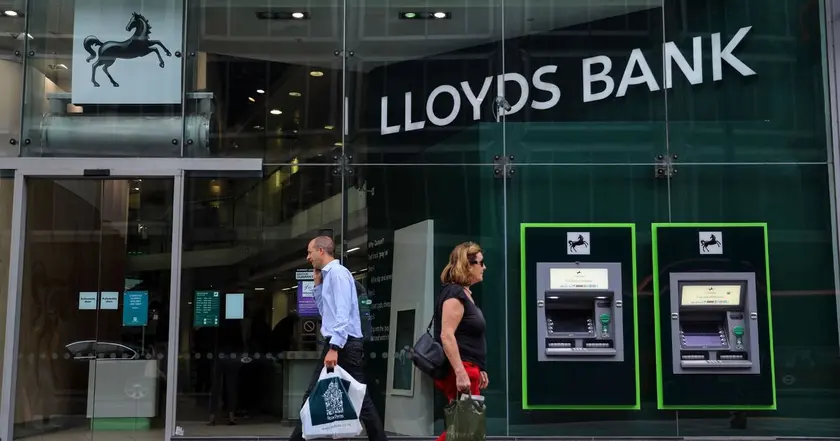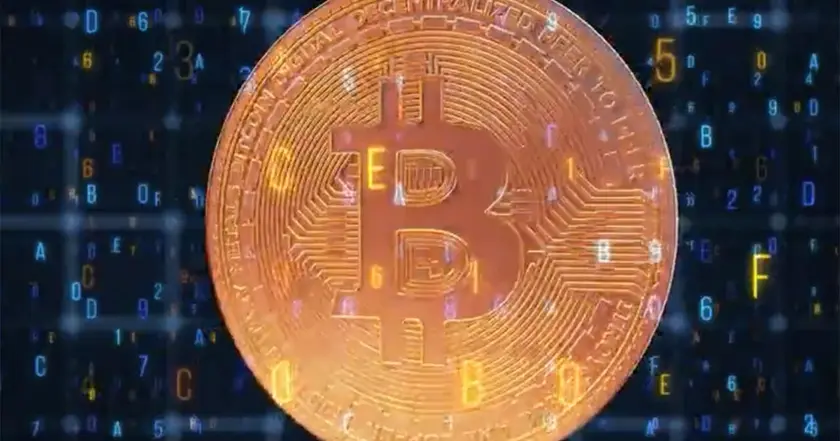T4K3.news
Power-washing scam spotlights rising fraud
A reader reports a doorstep scam and explains why polite behavior can invite risk, urging verification and caution.

A reader recounts a doorstep power-washing scam and examines why social niceties can help fraudsters.
Politeness fuels scams that prey on trust
A reader describes a power-washing scam that starts with a car window encounter. A man points out a hole in the bumper and pushes to fix it on the spot, claiming he can do it immediately. He leans on personal connections and a local dealership tie to seem credible, a classic play to keep the target from saying no. The writer notes that this is less about technical skill and more about social pressure: the scam relies on the wish to be polite and not to offend, even when the offer sounds dubious.
The piece places the incident in a wider context. Federal data show that last year fraud losses rose to 12.5 billion dollars, with consumers losing about 5.7 billion of that amount. Reports of fraud did not rise, but the money involved did, and the share of victims who lost money grew from 27% to 38%. Scammers are using more channels such as texting, email, and social media, while face-to-face scams remain common because they exploit immediate social cues. The article also notes psychological factors, including a tendency to avoid appearing rude and a description of scammers who may display traits associated with the dark triad. Practical advice appears clearly: say no, stop talking, or walk away, and verify by asking for a business card and company name to test legitimacy.
Key Takeaways
"What’s more, when we are in a state of high anxiety, our logic is more likely to become impaired."
Explains why stress and pressure make people susceptible to scams.
"We don't want to appear rude."
The social pressure to be polite drives decision making.
"The dark triad of psychological traits includes narcissism, Machiavellianism and psychopathy."
Describes the scammer profile in the article.
"It’s OK to say, No. And, Stop talking."
Practical advice given to readers.
Politeness becomes a shield that scammers exploit. The piece shows how the fear of appearing rude can push people toward quick, small payments instead of pausing to verify. In crowded moments—on a street, in a driveway, or at a storefront—the social contract feels fragile, and trust can be easily leveraged by a confident talker.
Beyond individual caution, the article highlights a need for public awareness and simple checks. The FTC figures point to a larger trend: losses are rising even when reports stay steady, and scams keep evolving with new channels. That implies policy makers and platforms should make verification a habit rather than a chore, and everyday consumers should build a routine of asking for a business card, checking a company name, and walking away from pressure to decide now.
Highlights
- Be careful where you place trust
- Kindness is not a shield for a scam
- Say no and walk away in the moment
- Don’t let social pressure decide your fate
Financial risk from scams and public concern
The piece highlights rising fraud losses and the social dynamics that enable scams, which could spur policy discussion and public reaction.
Staying vigilant means turning politeness into a checklist, not a shield for scams.
Enjoyed this? Let your friends know!
Related News

Wozniak highlights online scam risks

Warning issued on WhatsApp scam targeting users

Tinder enforces new facial recognition feature in California

Sam Altman warns of impending AI fraud crisis

Lloyds Bank warns of rising job scam risks

Tinder requires facial verification for California users

Rental fraud targeting desperate tenants on social media

Trump embraces cryptocurrency amid ethical scrutiny
